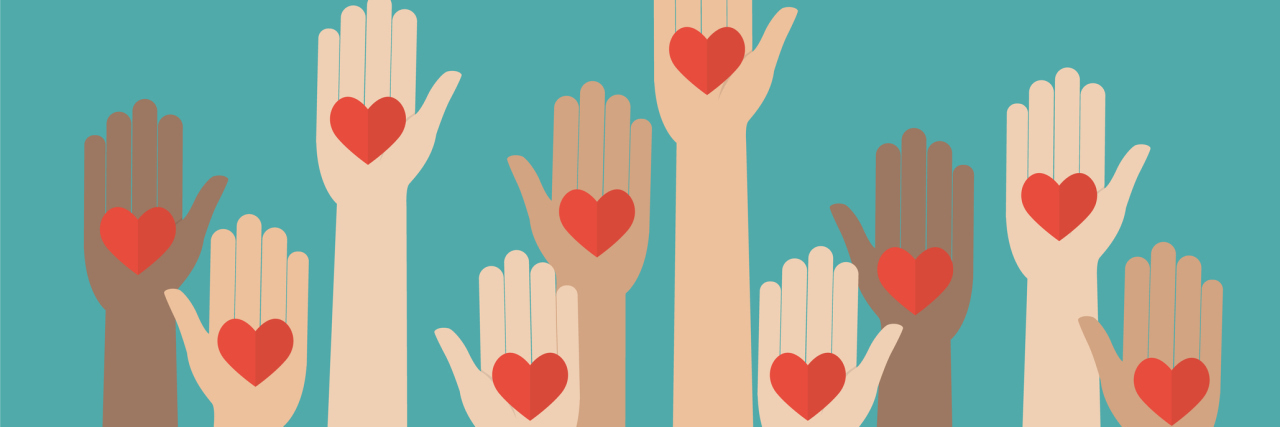When I was going through my first pregnancy bed rest, I was all alone. I was living in a new city, new province and didn’t know anyone who had gone through a high-risk pregnancy.
Fast forward to my pregnancy with my son, and this time I was admitted to hospital. I would spend the remaining six weeks of my pregnancy on the antenatal unit with 20 other high-risk moms.
It was this experience that showed me the value of community when it comes to healthcare and patient advocacy. I realized the power of sharing an experience with others.
I went from being completely alone and isolated in my home, to being surrounded by women who were also on bed rest. And guess what? They too felt isolated, scared, overwhelmed, anxious and all the other emotions I was wrestling with.
It was through our daily visits that we got to know each other as people and began opening up about our roller coaster of emotions. We were able to not only help each other through some dark days, but also have the confidence to advocate for ourselves (and sometimes for others who weren’t comfortable using their voice).
After my son and I came home, I stayed in touch with these women. They went from being my hospital support system to the women I turned to with questions and anxieties about bringing a baby home from the neonatal intensive care unit as they too had NICU babies.
Lessons Learned
As I continue my patient advocacy journey with my son, I often reflect on the lessons learned about my time in antenatal and the importance of being part of community.
There is power in numbers. Bringing voices together can amplify concerns and result in true change.
1. You aren’t alone.
Even though you may feel you are on a journey by yourself, there are likely others who have gone before you or are on the same journey.
2. Tap into knowledge.
Reach out to other patients or parents, healthcare providers and anyone who may have been on a similar journey. Take the time to get their advice and insights.
3. Share your experience.
By sharing your roadblocks, challenges and successes you can help others. We all learn by sharing our experiences — good and bad.
4. No voice is too small.
Like a puzzle, all of the voices fit together to either tell a bigger story or show the full picture. Your voice is an important piece of the puzzle. So make sure it’s included.
5. No one has all the answers.
Even the experts. They have gotten to where they are by listening to and working with others. And this is an ongoing learning.
6. Don’t be intimidated.
Everyone is new to the community at some point. Let people know your worries, concerns and admit to being insecure. You likely are not alone.
7. Give back.
Being part of a community is a give and take relationship. Sometimes you take advice and support, and other times you are the one helping others. But only give when you have the emotional and physical energy to do so.
I can’t emphasize enough how much being part of a community has helped me throughout my advocacy journey, whether it’s advocating for my child or me. At times, my community has helped give me the strength to carry on or the permission to sit it out.
I encourage you to find your community. Is it an online support group related to a medical condition? Is through your local health unit? Or is it connecting with people in your community (church, friends, work or broader community) that have gone through the same experience?
However you tap into and become involved in a community, I promise it will help you feel less alone on your patient advocacy journey.
For more insights and advice visit Learn Patient Advocacy.
Getty image by siraanamwong

